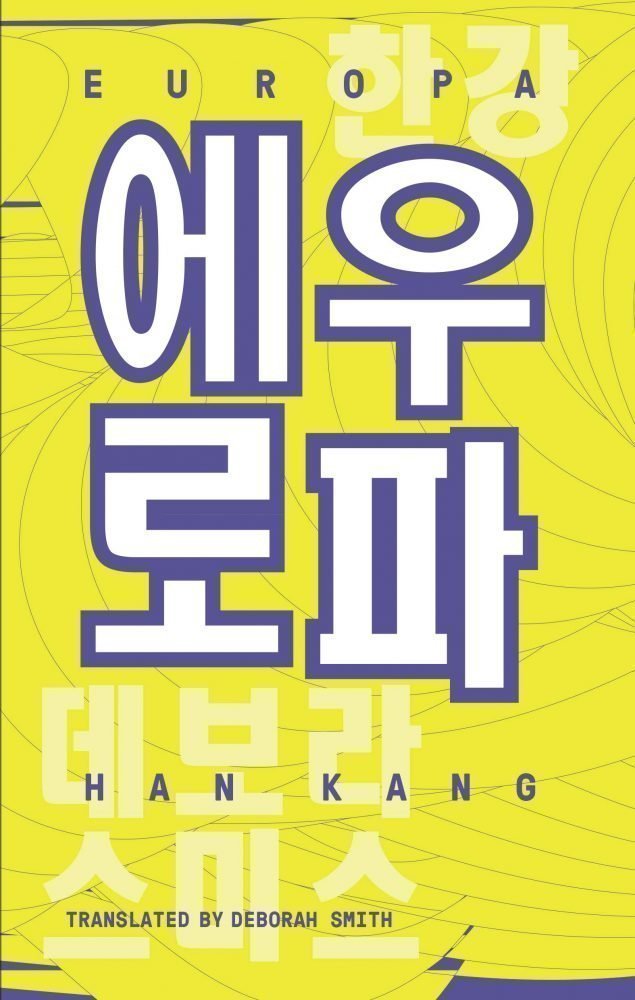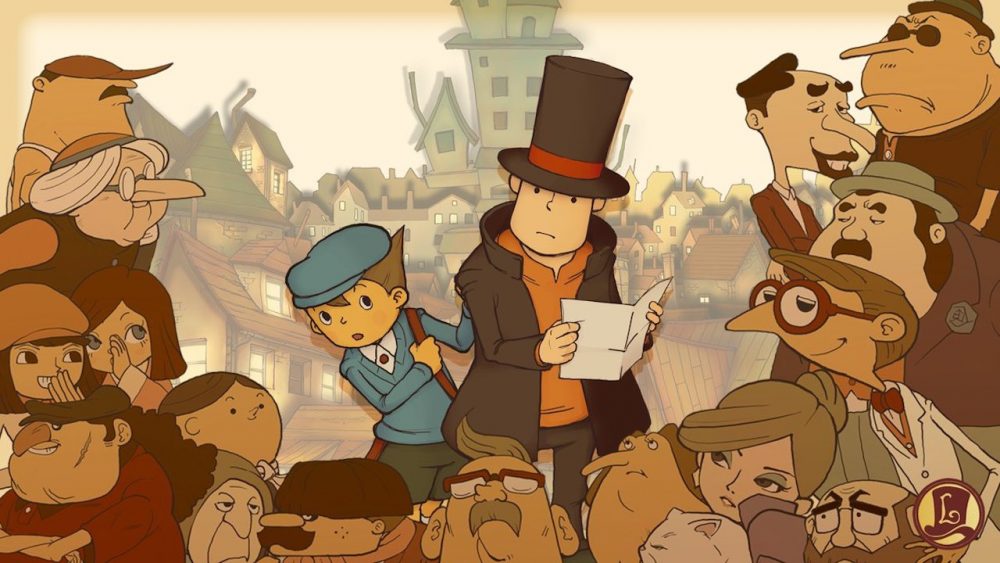Tiffany Tsao is a writer and translator. She is the author of Under Your Wings (forthcoming with Atria Books in the US as The Majesties) and the Oddfits fantasy series. Her translations from Indonesian to English include Norman Erikson Pasaribu’s wonderful poetry collection Sergius Seeks Bacchus, Dee Lestari’s novel Paper Boats, and Laksmi Pamuntjak’s The Birdwoman’s Palate.
Her translations of Sergius Seeks Bacchus were awarded the 2017 PEN Presents prize and the 2018 PEN Translates prize. Check out our Tiffany Tsao interview to find out more about her and how she got her start in the world of translation for our Meet the Translator series.
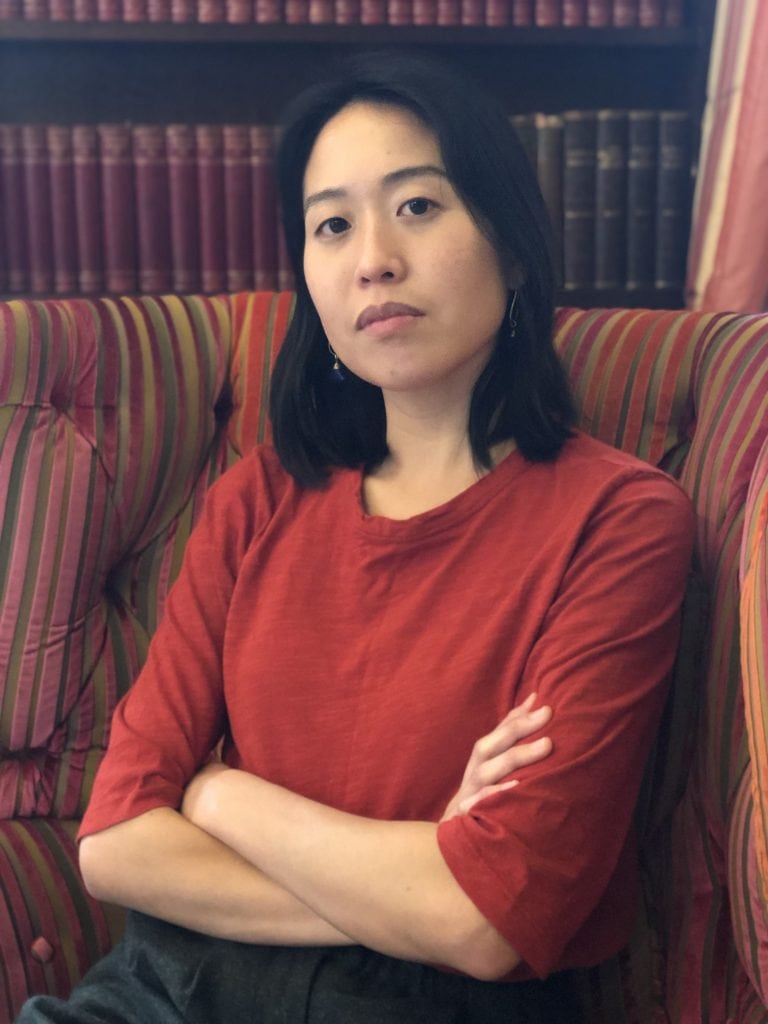
What made you want to be a translator and how did you get started?
I was getting increasingly frustrated with translations of Indonesian literature I was reading. I often felt they were too literal, or didn’t do a sufficient job of replicating the feel or natural flow of the original. I was also conceited enough to wonder whether I could do any better. So I began to try.
My first translation attempts began shortly after I joined Asymptote’s volunteer staff as their Indonesia Editor-at-Large. Part of my job was to submit suggestions for new Indonesian writers to feature in their issues and blog.
Because Asymptote only publishes work that has never been translated, I found myself creating sample translations excerpted from the particular stories or poems that I wanted to show the section editors. I was happy enough with the results that I wanted to keep going.
What were the challenges when translating Norman Erikson Pasaribu’s poetry collection Sergius Seeks Bacchus?
Because I write novels, I tend to think in prose. (I’m too prosaic, you might say.) Hence it was crucial to have Norman himself involved in the process, making suggestions, offering critique, providing background, rewriting the original Indonesian versions, sometimes recording him reading the poem so I could get a better feel.
Sergius Seeks Bacchus was a learning experience for me: in honing my sense of rhythm, learning to be more thrifty and at the same time more imaginative with words. I’ve carried these lessons into my fiction-writing, for better or for worse.
When I was revising the drafts of my latest novel Under Your Wings, I ended up rewriting huge swathes to improve the rhythm of the sentences. Translating some poems came more easily to me. The humorous ones like “Update on the Left-Behind Woman” and “Termination Letter” were almost effortless.
Norman and I have similar senses of humor. But “Finding Leo” was immensely difficult, even though it’s one of the shortest ones! It took me months to figure out a version of the last two lines that Norman and I were happy with.
Read our review of Sergius Seeks Bacchus
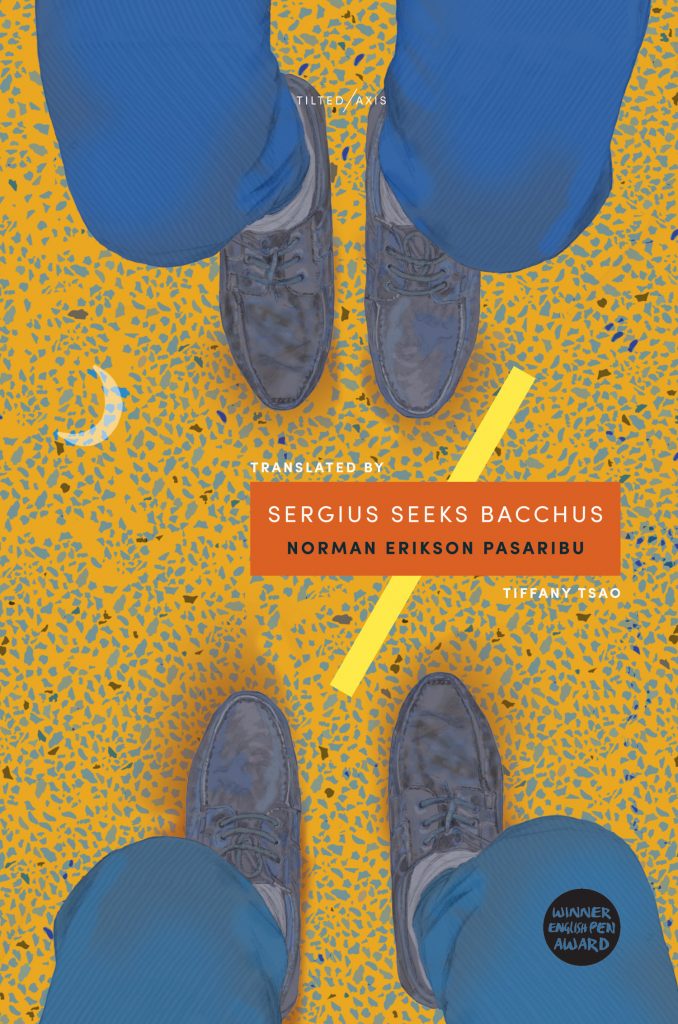
How many languages do you speak and what made you learn them?
I speak English fluently and Indonesian reasonably. (Ironically, the more my Indonesian improves, the more convinced I am that I’m not very good.) I speak Mandarin poorly, and more poorly every year that passes. I once had rudimentary Italian skills, and pretty much don’t anymore.
English, I grew up speaking. Indonesian I grew up hearing and speaking occasionally, but I made the effort to improve it when I was getting a PhD in English at UC-Berkeley. I wanted to better connect with my heritage (my parents are both Chinese-Indonesian) and so I began to read Indonesian fiction.
My parents wanted me to learn Mandarin because we’re ethnic Chinese, but after I began getting serious about Indonesian, I let my Mandarin slide. My brain could only take learning one language at a time.
I began learning Italian because I thought I would love reading Dante. But after taking a class on Dante where I read the Divine Comedy in translation, I discovered I wasn’t wild enough about it to keep studying Italian after all. I know that’s literary blasphemy. I’m sorry!
Do you feel pressure to represent Indonesia with your translations?
Emphatically not. And I worry about this expectation: that literature we publish or translate from a certain country should somehow capture the essence of that country. Places are so diverse. People are so diverse. Writing is so diverse.
I think the Indonesian works I translate will inherently convey something about Indonesia to reader simply by virtue of being Indonesian. But whether they, alone or collectively, could ever “represent” one of the most diverse countries in the world. I don’t think so. It would be impossible.
In fact, I feel that aspiring to be representative might actually be harmful. Whenever something or someone claims to be representative, it usually means that other things and ones are being marginalized or excluded.
What’s next for you?
Translation-wise, my next two projects are a short-story collection by Norman Erikson Pasaribu (the Indonesian title is Hanya Kamu Yang Tahu Berapa Lama Lagi Aku Harus Tunggu, or Only You Know How Much Longer I Must Wait) and a novel by Dee Lestari (the Indonesian title is Aroma Karsa).
Writing-wise, my next two projects are the third novel of my Oddfits series (the working title is The Sprung Histories) and another novel that has a cool dystopianish premise which I’ll remain vague about because I don’t want someone else to steal my brilliant idea (yeah right).
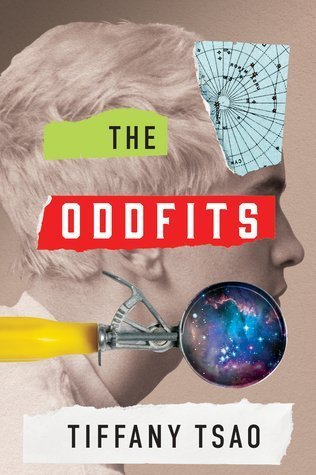
What advice would you give someone who wants to become a translator?
If you can, translate people who trust and respect you and whom you trust and respect. I say “if you can” because I know not everyone is in a position to choose—or even to know whom they trust and respect. That plus sometimes authors are dead and thus unlike to be very good at corresponding or answering queries.
But seriously, an author-translator relationship built on mutual respect and trust makes the process so joyful.
What are you reading right now?
I’m reading Gravity and Grace by the Christian activist, mystic, and philosopher Simone Weil. Norman highly recommended it and gave it to me as a present during our recent UK tour for Sergius Seeks Bacchus. Despite how well my professional life has been going, my inner life has been rather tumultuous these past few years. I’m finding the book mesmerizing. On the one hand, it is nourishing, on the other hand, it’s very severe.
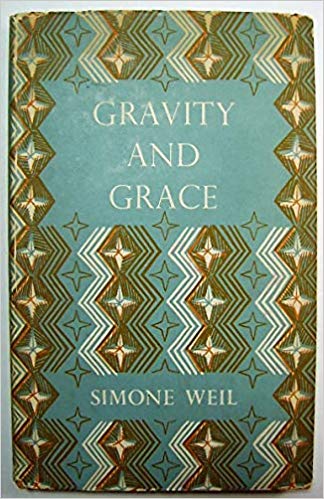
Here’s a snippet: “Grace fills empty spaces but it can only enter where there is a void to receive it, and it is grace itself which makes this void.” In other news, I’m also reading the Translating Feminisms chapbook series published recently by Tilted Axis Press, and Sour Heart by Jenny Zhang!
If you enjoyed this Tiffany Tsao interview, find out more about her translations on our post showcasing some of our favourite Indonesian writers.


